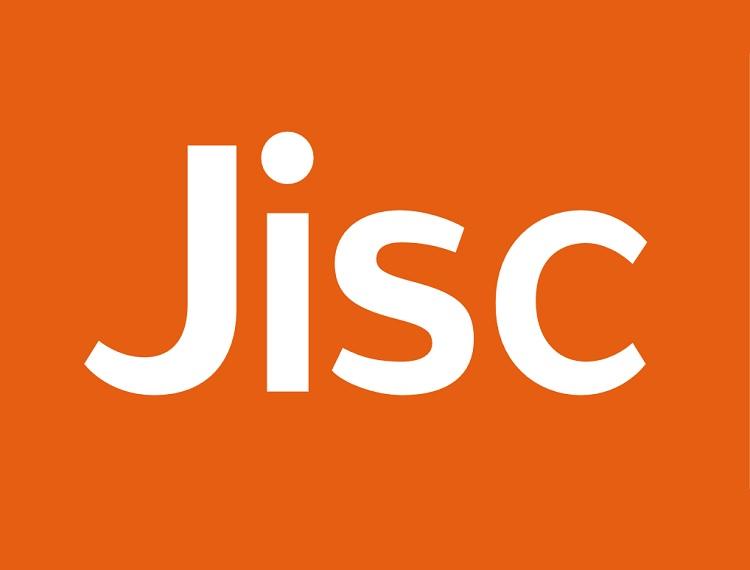Higher Education Commission welcomes ministers’ renewed commitments to international students

The UK’s higher education is world leading in its number of international student enrolments, second only to the USA, and the Higher Education Commission wants our fifth biggest service sector in the economy to flourish, not flatline.
Co-sponsored by Jisc, and compiled by Policy Connect, the report released today, Staying Ahead: are international students going down under? makes a case for urgent review of policy, echoed by disappointment from the sector at recommendations in this week’s Migration Advisory Committee report, commissioned by the Home Office.
A headline measure from the 12-point plan is that the government must reverse its policy on targets. Instead of including student numbers in overall migration targets, it must instead have a standalone and ambitious target for the number of students the UK should attract.
This call for action follows the Centre for Global Higher Education’s release of stats and Universities UK’s warning that overseas students will opt for competitor countries – thereby threatening the UK’s ambition of £30bn in revenue from international students by 2020.
Paul Feldman, CEO of Jisc and a member of the Higher Education Commission, said:
“The report findings send a clear message that we cannot ignore. Now is the time for the UK to take stock of its position in the global HE market and plan as a sector, and with government, to ensure we remain a world-leader in global education.
“However, there is a silver lining in that more universities are opening overseas campuses or delivering distance learning programmes to overseas students. This is enabled by advanced technology meaning students can learn and collaborate thousands of miles apart. As the sector’s digital body, Jisc is committed to supporting UK institutions to operate anywhere in the world.”
This research is the commission’s sixth inquiry, and examines competitor strategies, which include friendly visa processes and post-study rights to work.
Australia’s higher education strategy is targeted at encouraging the growing Chinese (currently the UK’s biggest source of international students) and Indian middle classes to study down under. It includes their ambitious student numbers target, streamlined visa policies, and accessible post-study work visas which help them achieve high-levels of growth.
Conservative peer Lord Norton, who co-chaired the commission inquiry, said:
“With the UK falling behind in the global market and with Brexit on the horizon, now is the time to remove students from migration numbers, simplify the visa process and look to invest in new markets of students beyond China. If we delay or prevaricate, Australia will cement their lead and the UK will be relegated from the top tier of international higher education.”
Professor Simon Marginson, director of the ESRC/OFSRE Centre for Global Higher Education, co-chair of the commission inquiry, said:
“The export market is supply regulated as well as demand driven. By blocking growth in many universities, stepping up surveillance of bona fide students, and restricting post-study work opportunities the UK has not only held international student numbers in a flatline position – it has sent a strong message to the world that more students are simply not welcome here.
“The restriction of supply in turn has choked off demand as students head for countries like Australia and Canada where the door is wide open. The UK retains its reputation as a high quality education country and can turn it around, but only if a clear message is given of the UK welcoming students and a balanced policy on international education is restored.”
The commission, an independent voice for the higher education sector made up of industry and education experts, says that setting a ‘friendly environment’ target for increasing international student numbers into the UK will send a welcoming message that is currently absent.
The target must require all departments to work collaboratively to achieve the following:
- The Department for Education, supported by the Home Office, should roll out an improved Tier 4 pilot based on recruiting from target growth countries such as India and Nigeria
- The Home Office must simplify visa procedures and reduce burdens on Tier 4 university sponsors
- The Department for International Trade must re-invigorate the “Education is GREAT” campaign, working with universities to maximise impact
- The Department for International Development should allocate a proportion of foreign aid spending to provide scholarships and pathway programmes, match funded by universities
- Home Office and British Council should review the number and location of English language test centres to attract the brightest and best students, not the richest
Read the full report: Staying Ahead: are international students going down under?











Responses